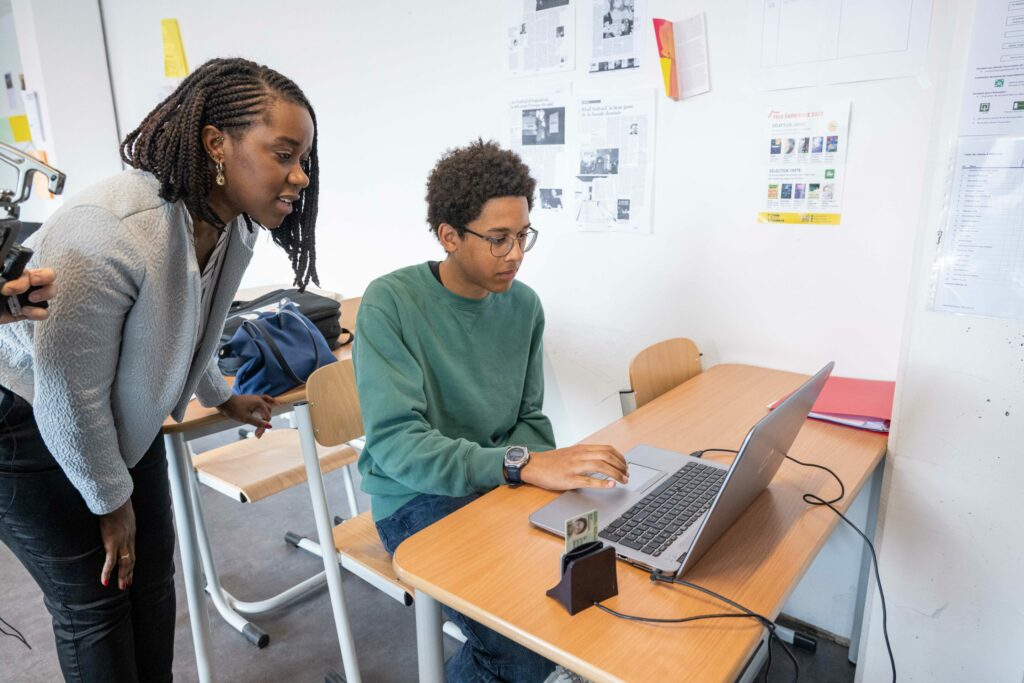The use of Artificial Intelligence (AI) is already widespread among pupils in Flanders, but schools are reluctant to use such new technologies. Pupils are calling on the education sector to embrace them.
A survey by the Flemish Scholierenkoepel, the association of secondary school students, showed that 45% of 11,000 students have already used AI tools, such as ChatGPT, to do homework. Among pupils in the sixth year of secondary education, the figure is as high as 52%. But this is not reflected in schools themselves.
"We heard in conversations with pupils that they use AI, smart chatbots,... for different purposes," Flemish Scholierenkoepel President Lore Sleeckx said. Pupils are in favour of using AI in a targeted way, such as to have complex issues or assignments explained differently, to check texts for grammar or other language errors, to make summaries, to practise learning material or simply to inspire them in a school assignment.
While these tools are becoming increasingly popular among students after class, inside school walls, the use of AI tools such as smart chatbots is often ignored or even banned. "Teachers are often reluctant to use AI applications out of ignorance or out of fear that students will entrust tasks to AI and thus stop learning certain skills themselves," Sleeckx said.
"But what strikes us is that most school students do not see AI as a magic machine that simply gives all the solutions, but rather as a useful tool."
Failing pupils for using AI
The role of AI and similar technologies is becoming ever-present in society, including in various job roles, which also worries young people. Almost half of large Belgian companies use AI tools and a further 25.2% develop AI solutions. By turning their backs on these technologies, schools are failing to prepare them for the future, pupils argue.
The Flemish Scholierenkoepel published a document including advice about AI and virtual reality (VR) in the classroom, with 18 concrete proposals for using this new technology in classrooms.
Among others, they asked teachers to dare to experiment with AI in class and for schools to give AI a place in the curriculum objectives for all students. "They should also rethink the purpose of reading and writing assignments, as this is no longer adapted to today's digital AI evolution." In writing tasks, for instance, pupils can be instructed to think critically about AI-generated texts and pick out the errors.
They argued clear rules and agreements on the use of the tools, as this now depends mainly on the individual teacher. "Some encourage it, others fail the pupil (or even the whole class) because they suspect AI was used, argued Sleeckx. Another request, that AI should be included in the minimum goals, has already been implemented.
Flemish Education Minister Ben Weyts recognised that AI can provide more educational quality if it is done thoughtfully and well framed, and added that the "Digisprong" initiative already gives schools now have both the equipment and the support to integrate these tools.
'But," he told The Brussels Times, "pupils should not think they will have to learn less because they can use and learn about AI, on the contrary. You need a lot of knowledge to know what to ask AI in which way and to be critical of what the tool answers."

